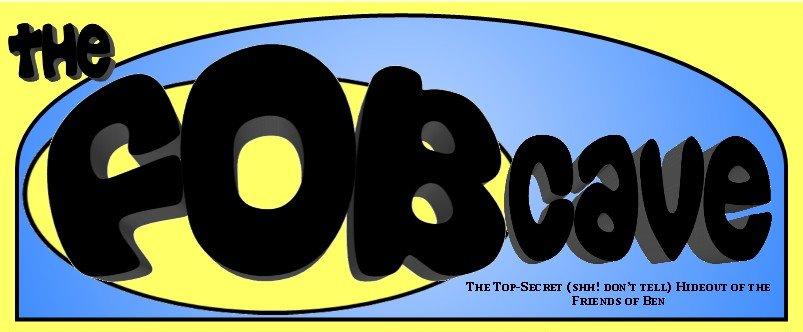Today I did a presentation on graphic novels for the teen summer reading group at the library. It went great--about fifteen teens attended, and they all seemed to enjoy the presentation. After the presentation, one kid showed me the comic book he's making.
This evening I led a book discussion group on Ralph Ellison's Invisible Man, also at the library (the same one). It went not so well. Another librarian and I spent half an hour talking about library school and careers and housing before we decided that no one was going to show up. This was a wee bit frustrating, as I spent much of the past week scrambling to make it through the 580-page book (I'm a slow reader), but ultimately I don't regret having read the book and put in the effort to prepare for a discussion. I got paid for the actual preparation and I would have liked to read the book anyway, but probably never would have without this impetus.
Invisible Man tells the story of a black man's search for identity in early twentieth-century America (I'm foggy on the exact time, but I got the feel that it was set in the twenties or thereabout). Regardless of race or culture, the process of finding one's identity is a struggle for everyone, I think, but I particularly identified with the unnamed narrator at a point toward the end of the book when he discovers his true place in the political organization he's been working in:
"You were not hired to think," says Brother Jack, the leader of the Brotherhood. And a bit later, "Let us handle the theory and the business of strategy."
The narrator argues that because he works closely with the people of Harlem, he can best represent their interests to the Brotherhood. What the people want, he says, is not what the Brotherhood thinks they want.
Brother Jack dismisses this notion, reprimanding the narrator for giving "undue importance to the mistaken notions of the people."
At one of my jobs--or better yet, at one of the many jobs that I have had at some point in my life--I too have felt that I was not hired to think. At this job I was highly valued as an effective worker ant, but the administration let me know on several occasions that my job description did not include thinking about the way we did things and ways we could improve. Not only was my opinion undervalued, but I also got the impression that the administration felt they knew better than the public, whose interests I felt I represented, what the public wanted. They would never say this, in fact they might argue otherwise, but this is certainly the message that was communicated.
Reading the Invisible Man's description of his frustration at realizing just what his superiors thought of him, was an Emerson Moment for me. Upon seeing his own invisibility, the narrator decides the situation is unacceptable. He gives up everything he has--his job, his home, the relatively comfortable life he leads--in order to escape the helplessness of being in a position where he is expected to help people but cannot because he is not allowed to think for himself. Admittedly, my position was never quite so extreme as his, but I wonder if I would sacrifice my job, home, and comfortable lifestyle in order to be in a place where my ability to think was respected. I suppose we'll just have to wait and see.
Subscribe to:
Post Comments (Atom)





2 comments:
Actually, I read this book. I rarely "liken unto [myself] the things I read--mostly because I like to believe I am absolutely unique and no one can possibly write anything helpful to me (yes, I'm kidding)--however, I CAN say that I finally quit working for a W-2, and now I work for a 1099, which is tax preparer language for self-employed and happy.
I occasionally guest lecture at the university (which is fun), and I teach summer classes, but have never been able to stay year round--can't take the politics. I am a square peg in a round hole.
Good luck to you in your endeavors--hopefully, you'll be able to mainstream and not have to resort to self-employment--it makes preparing taxes much simpler.
From what I remember, I don't think the narrator ended up that respected, but I guess he was free in a sense. To me, a person's life is about priorities. I always figured I'd think on my own time. Work isn't so much about free thought as it is paying the bills. Still, if my job WAS to help people and I couldn't due to a lousy boss, I'd find another job. Isn't living alone in the sewer with billion light bulbs kind of overdoing it?
Post a Comment